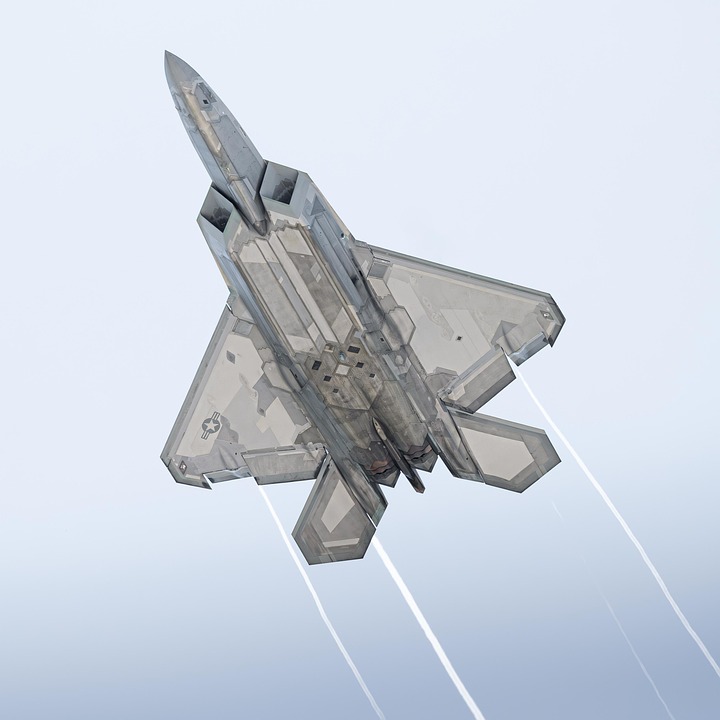Essential Interview Guide for Aspiring Military Engineers: Tips and Insights
Venturing into the realm of military engineering is no small feat. It demands not only technical prowess but also an understanding of the unique challenges and environments that come with serving in such a vital role. Preparing for an interview in this field can be daunting, but with the right strategies and insights, you can navigate the process with confidence.
1. Understand the Role
Before you step into the interview room, it’s imperative to have a firm grasp of what military engineers do. They are not merely builders; they are problem solvers, innovators, and, at times, lifesavers. Familiarise yourself with the specific responsibilities associated with the role you are applying for. This could range from designing infrastructure under duress to developing sustainable solutions in hostile environments. Tailoring your responses to reflect an understanding of these challenges will set you apart.
2. Brush Up on Technical Skills
Technical expertise is the bread and butter of a military engineer. Be prepared to discuss your proficiency in various engineering disciplines—be it civil, mechanical, or electrical. However, don’t just rattle off your qualifications. Consider presenting case studies or examples from your past experiences that showcase your problem-solving abilities. Perhaps you led a project that involved innovative use of materials or technology under challenging circumstances. This narrative not only demonstrates your skills but also your capacity for leadership and teamwork.
3. Embrace the Military Culture
Understanding military culture is crucial. Interviews are not solely about qualifications; they also assess your fit within the military ethos. Familiarise yourself with the values that underpin the armed forces, such as integrity, respect, and commitment. When answering questions, weave in these principles wherever possible. Illustrating how your personal values align with those of the military can create a compelling narrative about your suitability for the role.
4. Expect the Unexpected
Military environments are inherently unpredictable, and interviewers may want to see how you handle the unexpected. Be ready for situational questions that challenge your critical thinking and adaptability. For instance, they might ask how you would respond to a sudden change in project scope or a critical resource shortage. Frame your answers to highlight not just your technical skills, but also your ability to remain calm and resourceful under pressure.
5. Prepare Thoughtful Questions
An interview is a two-way street. While you’re being assessed, it’s equally important that you assess whether the role aligns with your aspirations. Prepare insightful questions that reflect your genuine interest in the position and the organisation. Inquire about ongoing projects, the team dynamics, or how the organisation cultivates innovation within its ranks. This not only shows your enthusiasm but also provides you with valuable information to make an informed decision.
6. Practice, Practice, Practice
The importance of rehearsal cannot be overstated. Conduct mock interviews with peers or mentors who understand the military engineering landscape. Seek feedback on your responses, body language, and overall presentation. The more you practice, the more natural you’ll become, allowing your genuine passion for the role to shine through.
Final Thoughts
Entering the world of military engineering is an exciting opportunity that requires careful preparation and a thoughtful approach. By understanding the role, honing your technical skills, embracing military culture, and being ready for the unexpected, you place yourself in a strong position to succeed. And remember, as you prepare your applications and refine your interviewing skills, CVPortal continues to provide a wealth of high-quality CV references to guide you on your journey. Embrace the process, and good luck!


